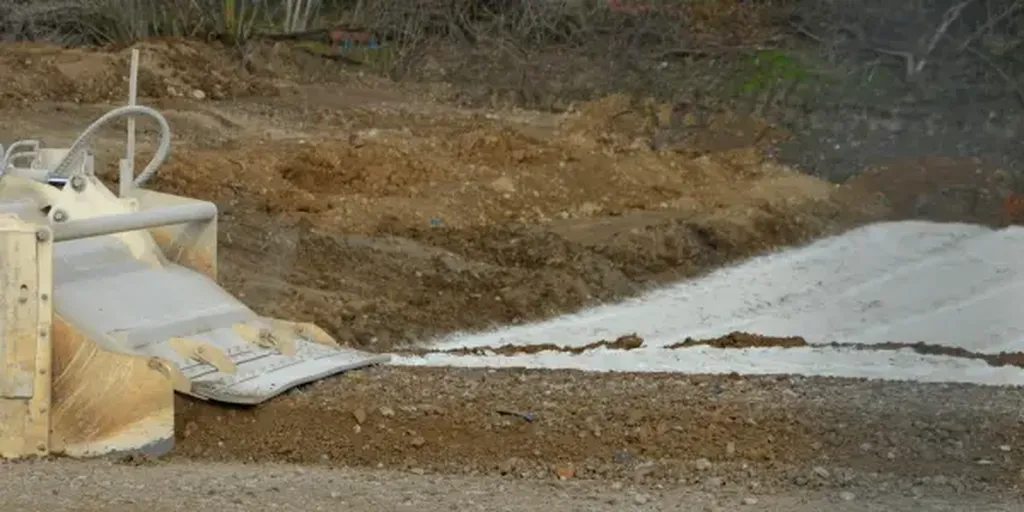In the ever-evolving landscape of underground construction, a groundbreaking study led by Armen Z. Ter-Martirosyan from the National Research Moscow State University of Civil Engineering is making waves. Published in the journal *Нанотехнологии в строительстве* (Nanotechnologies in Construction), the research delves into the implementation of injection technologies using polymer-based compositions with adjustable parameters, offering a novel approach to soil stabilization.
The study addresses a primary geotechnical challenge: the stabilization of unstable soils, which often suffer from inadequate deformation, physical, mechanical, and filtration characteristics. These issues can lead to abnormal settlements, destabilization of soil mass under external loads, or even its own weight. Traditional methods using mineral compounds, predominantly based on Portland cement, have clear advantages but fall short in soils with high water saturation, high filtration, or low deformation indices.
Ter-Martirosyan’s research introduces innovative polymer materials, such as polyurethane-based compositions, which facilitate the injection of mixtures with optimized strength gain. This advancement addresses the critical issue of soil reinforcement and enhances the criteria for constraining the propagation of injection mixtures for subsequent cement grouting.
“The employment of these innovative polymer materials allows us to tackle complex engineering and geological conditions that were previously beyond our reach,” Ter-Martirosyan explains. “This technology not only stabilizes soils but also opens up new possibilities for underground construction projects.”
The study’s laboratory tests and analysis of completed projects demonstrate the effectiveness and practicality of this technology in challenging conditions. The research was conducted using the material and technical resources of the Main Regional Center for Collective Use of Scientific Equipment and Installations of the Moscow State University of Civil Engineering, with support from the Ministry of Science and Higher Education of the Russian Federation.
The implications for the energy sector are significant. Underground construction projects, such as those involving pipelines, storage facilities, and infrastructure for renewable energy sources, often face complex geological conditions. The ability to stabilize soils effectively can enhance the safety, durability, and efficiency of these projects, ultimately reducing costs and mitigating risks.
As the energy sector continues to evolve, the need for advanced soil stabilization techniques becomes increasingly apparent. Ter-Martirosyan’s research offers a promising solution, paving the way for future developments in underground construction. The study’s findings not only address current challenges but also set the stage for innovative applications in the years to come.
In a field where stability and reliability are paramount, this research represents a significant step forward, offering a glimpse into the future of underground construction and its potential to transform the energy sector.

